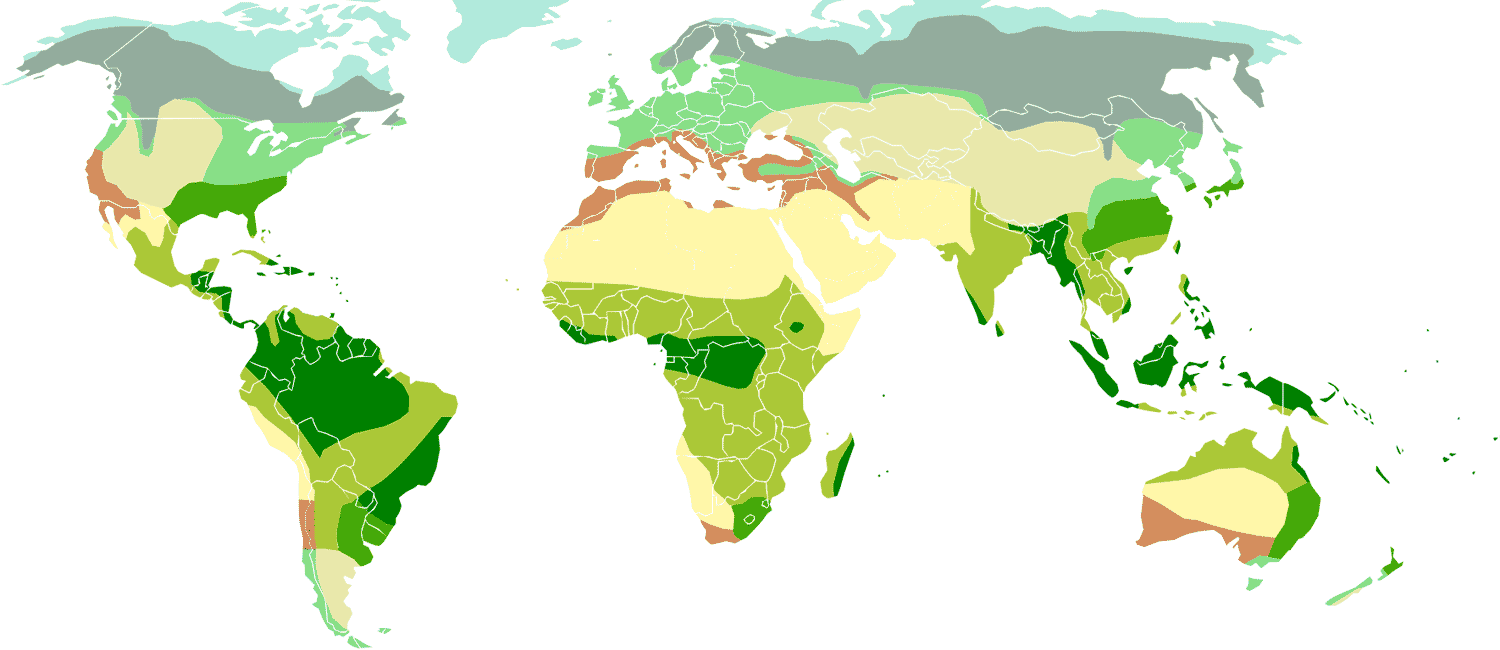Page Content
- Classification
- Region
- Group
- Taxa, synonyms
- Bibliography
- Figures
Phoebe concinna
Phoebe concinna is the scientific name of a group -also called lamiines or flat-faced longhorned beetles-
Phoebe concinna White, 1856
A. White is the author of the original taxon.
Phoebe concinna White, 1856 is the full name of the group-species in the taxonomic classification system.
The species is combined with the genus Phoebe ranked in the tribe Hemilophini.
Classification
| kingdom | |
| Animalia | |
| ~1,200,000 sp. | |
| phylum | |
| Arthropoda | |
| ~1,000,000 sp. | |
| class | |
| Insecta | |
| ~830,000 sp. | |
| order | |
| Coleoptera | |
| ~350,000 sp. | |
| family | |
| Cerambycidae | |
| ~35,000 sp. | |
| subfamily | |
| Lamiinae | |
| 22,096 sp/ssp. | |
| tribe | |
| Hemilophini | |
| 584 sp/ssp. | |
| genus | |
| Phoebe | |
| 22 sp. | |
| species | |
| concinna | |
Region
World [1]

Distribution for Phoebe concinna
Group
concinna [1]
Subgroup of
Bibliography
Some citations found in the bibliography excluding lists and catalogs except with nomenclatural act or image or data
-
Phoebe concinna White • Proc. Zool. Soc. London • 1856 • 24 : 408 [ nov ill ]
-
Amphionycha concinna ; Bates • The Ann. Mag. Nat. Hist. • 1866 • 3 (17) : 429
-
Phoebe concinna ; Martins & Galileo • Revta. Bras. Ent. • 1998 • 41 (2-4) : 432 [ loc ]
-
Phoebe concinna ; Galileo & Martins • Iheringia, Ser. Zool. • 2003 • 93 (3) : 267 [ loc ]details
Phoebe concinna ; Galileo & Martins • Iheringia, Ser. Zool. • 2003 • 93 (3) : 267
Distribution
- Colombia, Caquetá : San José de Fragua (1°20'N, 76°06'W, 1270m)
- Brasil, Amazonas
- Brasil, Pará
-
Phoebe concinna ; Martins & Galileo • Cer. S. Amer. (Col.) Taxon. • 2014 • 14 : 146, 151 [ div ]
-
Phoebe concinna ; Tavakilian & al. • Les Cahiers Magellanes • 2022 • n.s., 43 : 67 [ ill ]details
Phoebe concinna ; Tavakilian & al. • Les Cahiers Magellanes • 2022 • n.s., 43 : 67
General information
- color photo, part
Figures
Some references with images to see in bibliography
- Phoebe concinna White, 1856 • see White, 1856
- Phoebe concinna White, 1856 • see Tavakilian & al., 2022